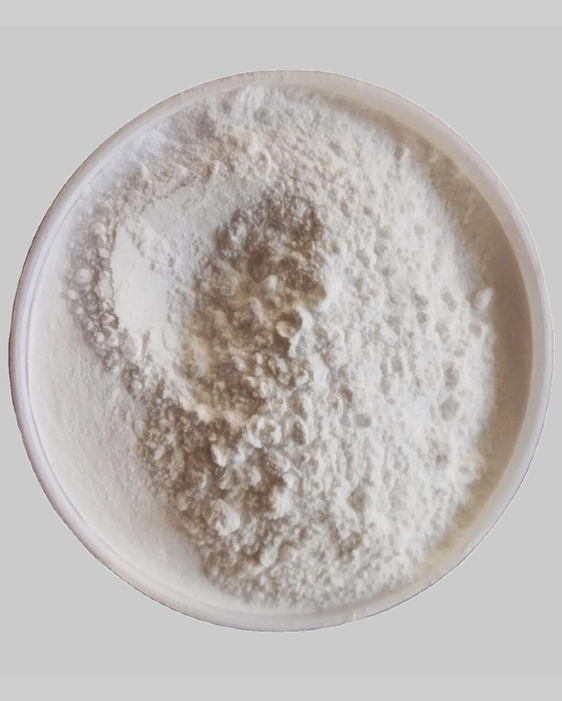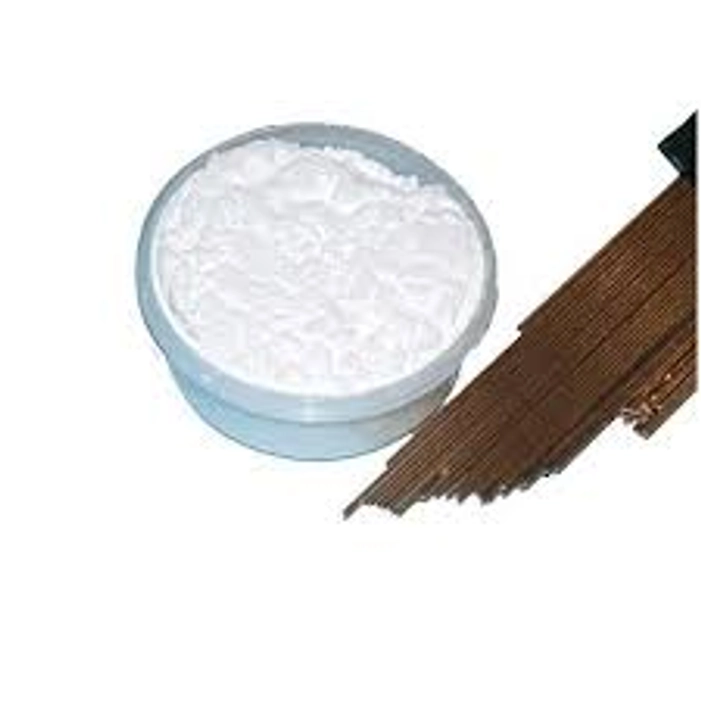Flux Powder
Product details
Flux powder is a commonly used material in various industries, including metallurgy, electronics, and welding. It is used to facilitate soldering and brazing processes by removing oxides and other impurities from metal surfaces. Flux powder plays a crucial role in ensuring strong and reliable joints. However, like any other material, it has its own set of advantages and disadvantages. Let's explore them in a point-wise manner:
- Flux powder is a fine, powdered substance used in various industrial applications, especially in soldering and welding processes. It is designed to remove oxides and other impurities from metal surfaces, ensuring a clean and reliable bond between the metals.
- Flux powder typically consists of a mixture of various chemicals and compounds, including inorganic salts, acids, and activators. The exact composition may vary depending on the specific application and the type of metal being worked on.
- The primary purpose of flux powder is to facilitate soldering and welding processes by improving the wetting and flow characteristics of the molten metal. It creates a protective barrier that prevents oxidation and promotes the formation of strong, durable joints.
- Flux powder contains chemical agents that react with metal oxides, effectively removing them from the surface. Oxides can hinder the bonding process, weaken the joint, and cause defects. Flux helps in eliminating these oxides, allowing for a cleaner and more reliable bond.
- There are different types of flux powder available, each suited for specific applications. Some common types include rosin flux, water-soluble flux, no-clean flux, and halide-free flux. The choice of flux depends on factors such as the metals involved, the soldering/welding method, and the desired post-process cleanliness.
Advantages:
-
Oxide removal: Flux powder is highly effective in removing oxide layers from metal surfaces. Oxides can hinder the soldering process by preventing proper bonding between the metal and the solder. Flux powder acts as a cleaning agent, dissolving and eliminating these oxides, thereby ensuring a strong and durable joint.
-
Enhanced wetting: Flux powder promotes improved wetting of the solder on the metal surface. It reduces surface tension and allows the molten solder to flow more easily, creating better adhesion between the solder and the metal. This leads to stronger and more reliable solder joints.
-
Improved electrical conductivity: Flux powder helps in achieving better electrical conductivity in soldered connections. By removing oxides and contaminants, it ensures a clean metal surface, allowing for efficient flow of electrical current. This is particularly important in electronic applications where reliable electrical connections are critical.
-
Flux selection versatility: Flux powder comes in different types, allowing for versatile usage across various applications. There are rosin-based, water-soluble, and no-clean flux powders, among others, each with specific properties suitable for different soldering requirements. This versatility allows users to select the appropriate flux powder for their specific needs.
Disadvantages:
-
Residue: One of the main disadvantages of flux powder is the residue it leaves behind after soldering. Flux residue can be corrosive if not properly cleaned, and it may impact the long-term reliability of the soldered joint. Thorough cleaning with appropriate solvents or flux removers is necessary to remove any residual flux.
-
Health hazards: Flux powder can emit fumes and particles during the soldering process. These fumes may contain harmful substances such as volatile organic compounds (VOCs) or flux core particles. Adequate ventilation and personal protective equipment (PPE) are essential to minimize exposure and ensure a safe working environment.
-
Flux compatibility: Not all flux powders are compatible with every metal or solder alloy. It is important to consider the specific requirements of the application and select a flux powder that is compatible with the materials being soldered. Using an incompatible flux powder may result in poor solder joints or other undesirable outcomes.
-
Shelf life: Flux powder typically has a limited shelf life. Over time, it may lose its effectiveness or degrade, leading to reduced performance during soldering. It is essential to store flux powder properly, following manufacturer guidelines, and monitor its expiration date to ensure optimal results.
We are Manufacturers, Traders, Suppliers, Stockists, and Merchants of Flux Powder In Maharashtra, Andhra Pradesh, Arunachal Pradesh, Assam, Bihar, Chhattisgarh, Goa, Gujarat, Haryana, Himachal Pradesh, Jharkhand, Karnataka, and Kerala.












